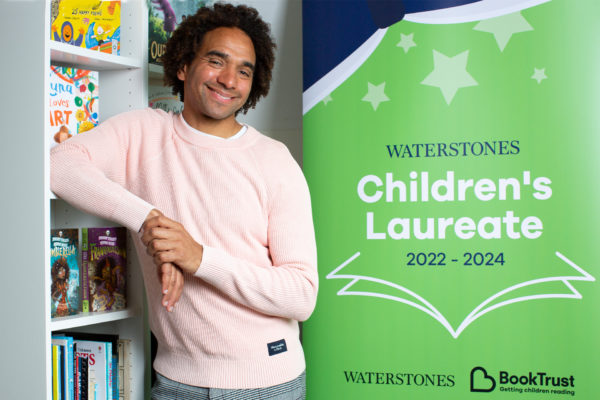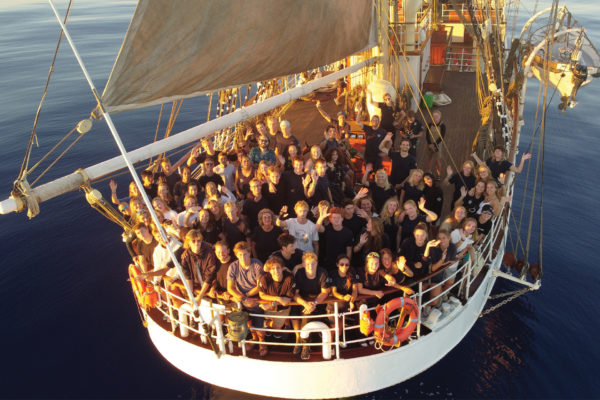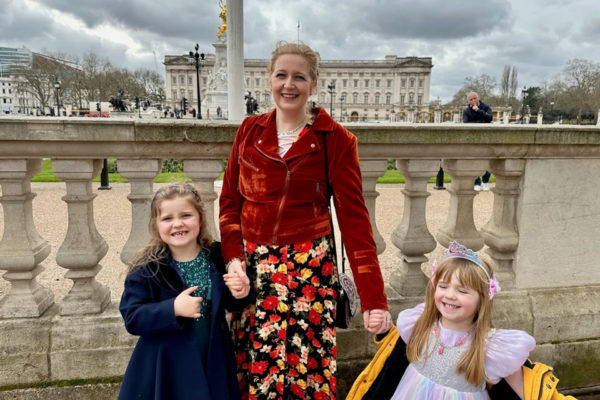Amber Atherton on Entrepreneurship, Women in STEM, and Encouraging Girls to Think Big
By
1 year ago
Plus everything you need to know about the Atherton Award
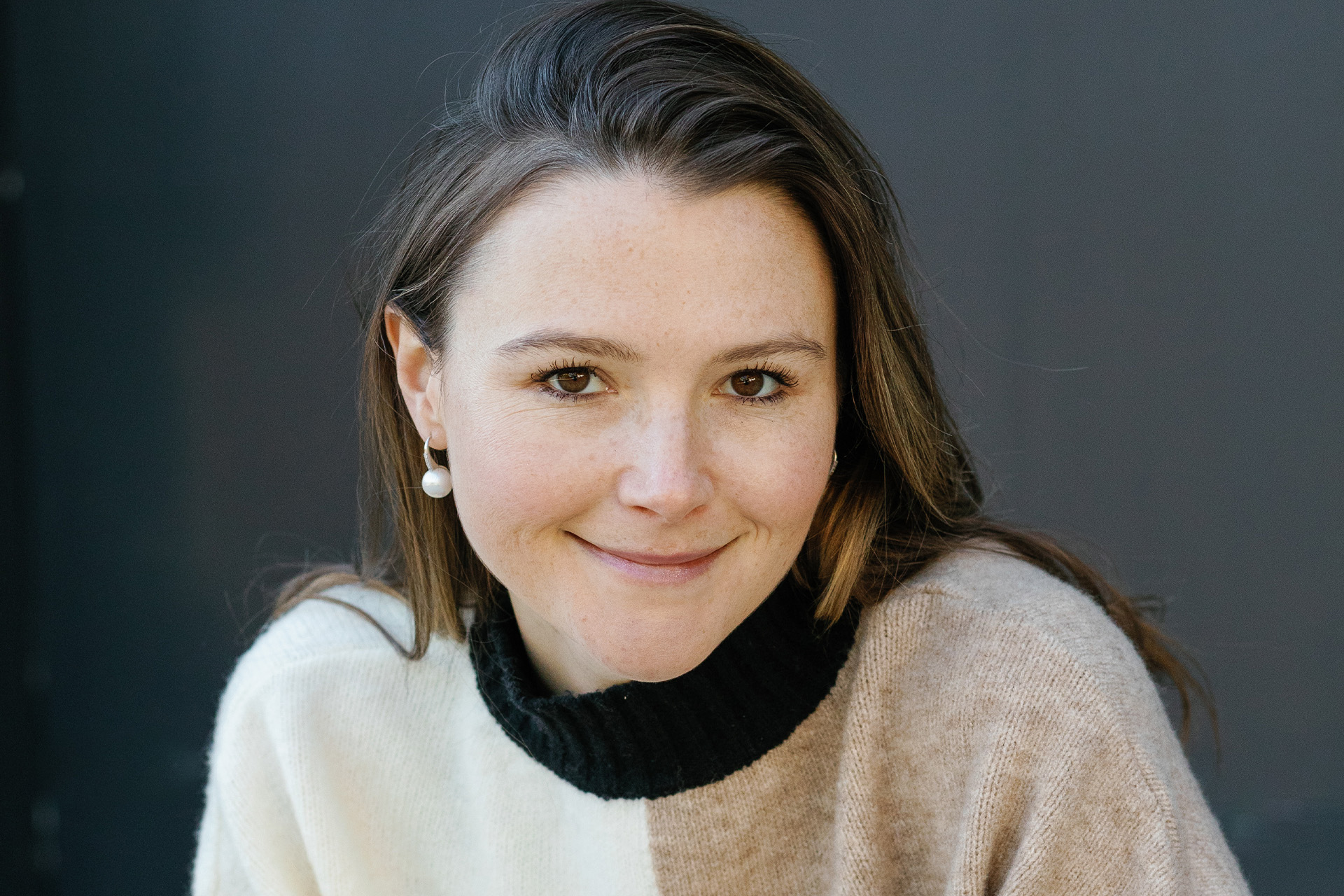
We spoke to British investor and businesswoman, Amber Atherton, about how she built the entrepreneurial award she created in 2021.
The Atherton Award is an annual prize and mentorship programme that encourages young girls to embrace their entrepreneurial spirit. Applicants are asked to come up with a business idea, design a product or app.
Who is Amber Atherton?
Amber Atherton is British entrepreneur and investor based in San Francisco. Born in Hong Kong and raised in England, Atherton began coding as a child and started her first e-commerce business at the age of 15 in the computer room at Benenden School in Kent. After exiting that business, Atherton founded Zyper and joined the prestigious accelerator program Y Combinator in Silicon Valley. In 2021 Zyper was acquired by Discord. Atherton has invested in over 35 startups and is currently a partner at the early stage venture capital firm Patron. She is the author of The Rise of Virtual Communities and the board chair of gbxglobal.org a community for British entrepreneurs in the Bay area.
Interview with Amber Atherton

Amber Atherton
When did your passion for entrepreneurship start?
I was born and grew up in Hong Kong and started at Benenden school when I was 11 years old. My parents were both very entrepreneurial and my dad in particular had always encouraged me to work for myself and start my own business. He got me into coding when I was really young actually. When I was about 9 or 10, I was building websites and making funny things on the internet. A lot of this came from gaming where I was building fan pages around Neopets. That early introduction to computers and my parents encouraging my creativity got me very interested in entrepreneurship and starting a business. It just continued from there.
Why did you decide to create the Atherton Award?
There is no entrepreneurial encouragement or inspiration in the current school curriculum, so I started speaking to hundreds of headmasters, headmistresses, principals, at state schools, academies, private girls’ schools all across the UK about what they were doing to encourage entrepreneurial spirit in young women. I have been through this journey myself as a founder. I have sold two companies, I moved to San Francisco and I think a lot of the programmes that exist today to encourage women to start their own business happen too late. It’s when you are at school that you are very open to shaping entrepreneurial thinking and [developing] an appetite for risk. I think the National Enterprise Award has done a really good job of supplementing the curriculum with at least something that encourages women and men to start businesses.
But I thought it’s not really broad enough – it’s quite traditional in how the programme is set up and how it rewards people for creating businesses that are quite conventional. For me, I want to encourage more women into STEM and to not be afraid to enter tech even if they are not technical. I went through a prestigious programme in San Francisco called Y Combinator and I was non-technical.
The curriculum needs to be supplemented with an award programme that encourages and recognises this entrepreneurial spirit and gives a wider range of topics for women to be recognised for. Now, we’ve had hundreds of applicants who have built everything from hardware, to biotech and coding courses. I think there’s a full range of business ideas. Idea is the key word here – that’s how you can get recognised.
How is the Atherton Award growing?
We are at around 32 schools in the UK. There’s a huge waiting list that we are trying to go through. We are really excited to announce that Marymount New York, which is a fantastic school, is going to be the first school in the US to launch the award. My goal is to see as many young women around the world being encouraged to start a business and be an entrepreneur when they are still at school.
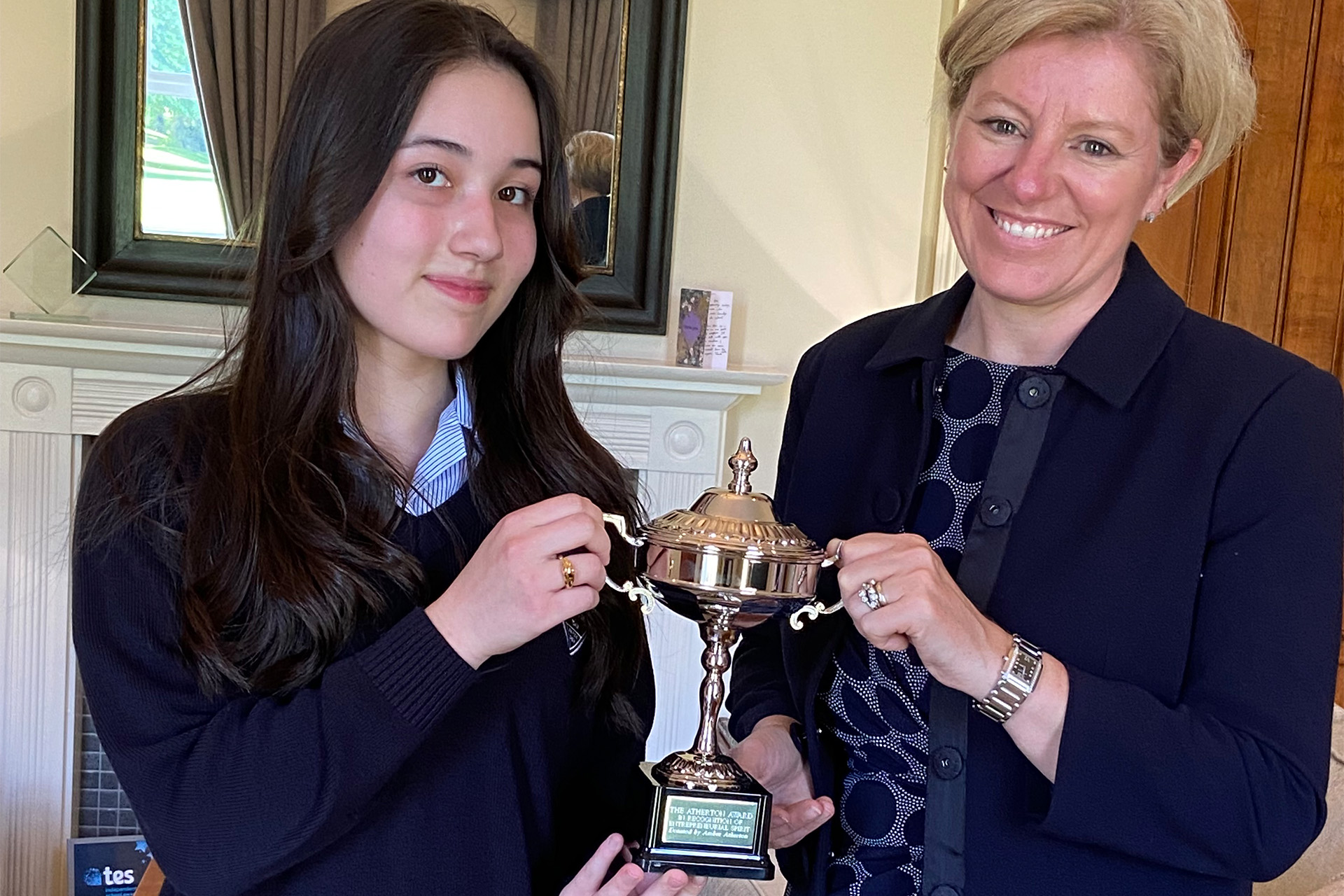
Wycombe Abbey winner, Rebecca, with her trophy
Is there one entry that has stood out to you?
They are all just so brilliant.
At Howell’s, there is a pupil called Charlotte who focussed on coding courses, watched YouTube videos, learnt how to code JavaScript and then built these mini revision games to help people revise for their exams. That was amazing to see. The internet lowers barriers to entry and AI now makes it easier than ever to create a website and products.
I would also say Rebecca from Wycombe Abbey because what she is doing is really incredible. There is a lot of appetite for businesses that are impacting the planet and helping to reduce climate change. I think she’s got a very interesting idea.
Rebecca had created a hardware prototype which recycles lost heat energy from fridges.
Winners of the Atherton Award get access to workshops and opportunities to meet other entrepreneurs. Could you share some examples of the workshops they participate in and the people they may meet?
All the winners are in a private Slack community where they have a support group of other winners across the country and around the world where they can share their entrepreneurial journeys with each other. It is so important to have a community of founders. When I was at school I think I was the only girl with a laptop in the computer room all the time so it’s quite a lonely journey at the best of times.
In addition to that, we do workshops and mentoring days twice a quarter with our other female investors and entrepreneurs. The workshops happen virtually and that’s a really great way for these young women to ask questions in a safe space, to meet mentors and learn about how they would get more funding for their idea.
On 30 May 2024 we are doing a very exciting event for national winners and that is going to be with a big VIP figure in the UK. My plan is to keep this community going so that winners get a trophy, an investment from myself and they also get access to this community of winners and to mentors.
Pupils who have won Atherton Awards – how have you seen their business careers progress since then?
It’s amazing. They typically use the investment to do more marketing, product development or user research. A lot of the winners are early in the stages of figuring out what the next steps are for their business.
For example, one of the winners from Wycombe Abbey has developed a piece of hardware that captures lost heat and energy from fridges so she has been speaking to manufacturers, getting a prototype made from a little UK manufacturer, connecting with other scientists, and figuring out the next steps of commercialising her product.
And their progress isn’t only about their business but also about getting into incredible universities. I think that is another reason why schools are so excited about it – the winner from Benenden was the first student from the school to ever get into Stanford. Another winner got into NYU and I think it’s really helping with Ivy League acceptance rates and Oxbridge. These top tier universities aren’t just about grades anymore, it’s about showing that you have initiative and this is a good way to prove that.
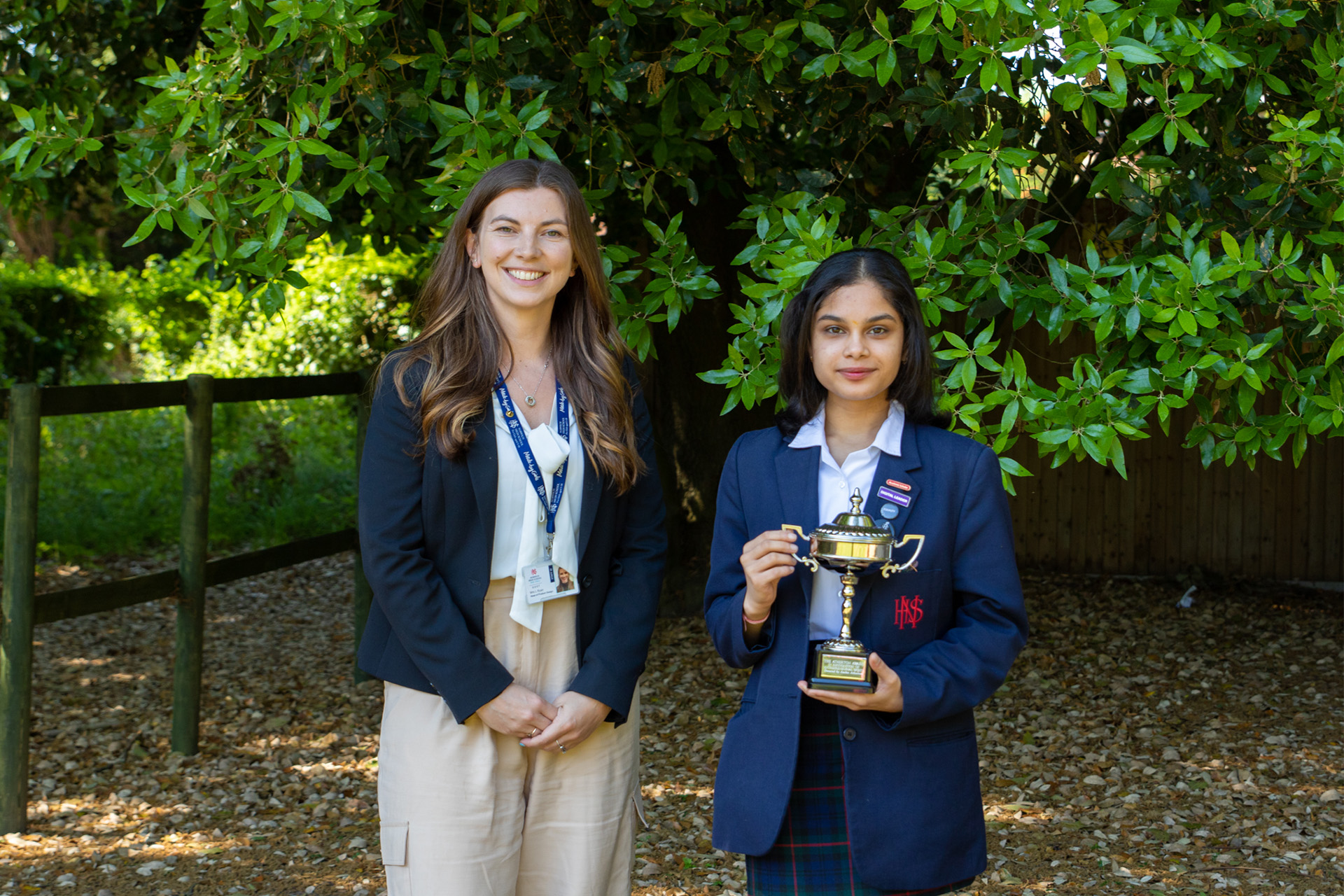
Norwich High School winner, Anusha, created a coded website to teach maths
How do you hope to grow the award in the future?
I would love the award to reach another 20 schools in the UK in the next year, along with another 10 schools in the US and just keep compounding from there. I think more and more women need access to this type of experience where they can understand what it is like to be an entrepreneur. My plans are to scale this into every single girls school in the UK and then eventually every single girls school in the world.
When are entries open each year?
Typically schools will introduce it in January and share that applications are open for the award. The winner is chosen just before term breaks for the summer holidays – around May or June.
Winners have around six months to figure out their idea, work through their challenges, discuss it with their teacher and then they submit the application.
If you could give a young entrepreneur one piece of advice, what would you say?
I would tell them that ideas come from curiosity. Nurture your curiosity and explore any ideas you have. Some of the best ideas come from when you question the world around you. Not accepting how things work and having an open curiosity is what sets some of the best entrepreneurs apart from others.
What are the top 3 skills for a young entrepreneur?
- Asking questions to understand your users. Understanding who you are building this product for is the most important thing in the beginning.
- Not taking no for an answer. You have to be resilient as a founder because you will face endless rejection and everybody will tell you no but you have to ignore that and just keep going.
- Become an expert in your domain. Why are you the best person to build this business? Having a genuine passion and curiosity in the area you are building in will help you be the expert and stand out amongst the competition.




